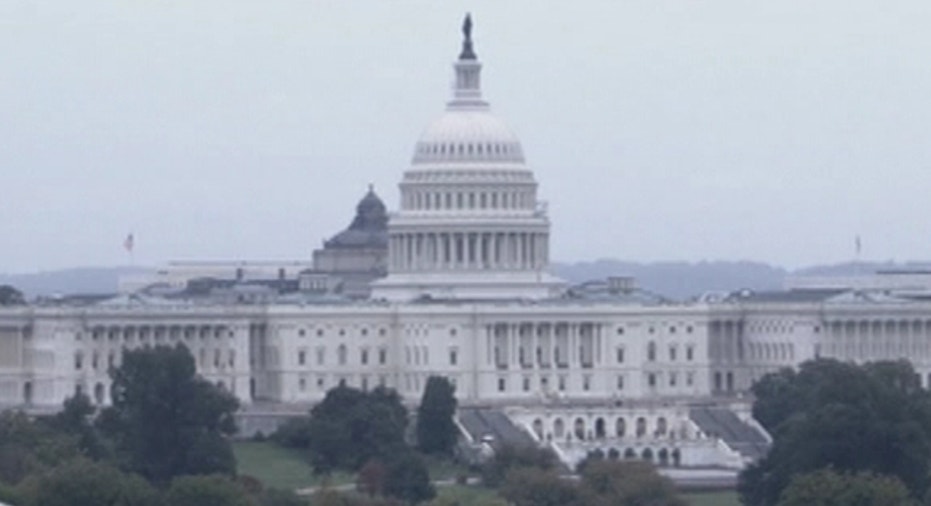Small Business Owners Worrying More

After last week’s news that only 88,000 jobs were added in March comes more disappointment: the March NFIB Index of Small Business Optimism took a dip.
The optimism gauge had showed sustained growth over the past three months. But in March, six of the index’s components declined, with the greatest drops in sales expectations, plans for investing in inventory and labor market indicators.
“After another false start, small-business confidence has sputtered and stalled again. For the sector that produces half the private GDP and employs half the private sector workforce—the fact that they are not growing, not hiring, not borrowing and not expanding like they should be, is evidence enough that uncertainty is slowing the economy,” said NFIB chief economist Bill Dunkelberg. Lawmakers' failure to pass a budget or agree on other pending policies is a major factor behind the surveyed small business owners’ lack of optimism.
NFIB spokesperson Cynthia Magnuson says that while the number one problem facing small business owners in the early part of the recession and recovery was weak sales, the top concern today is taxes, followed by regulations and red tape.
“They were very concerned about the fiscal cliff, which had an impact on their level of certainty, and the health care law continues to concern them,” says Magnuson.
And most business owners don’t see a light ahead. According to Magnuson, 77% of the entrepreneurs surveyed say conditions will be the same or worse in half a year.
“It reinforces the idea that the small business economy isn’t coming back,” says Magnuson.
There was one good sign: small business job creation is up, with average employment increasing by .19 workers per firm in March. But 77% of employers who hired or were trying to hire in the last three months reported that there were few or no qualified applications for the positions they were looking to fill.
Responding to the suggestion that the recent stock market highs in March might have improved small business confidence, Magnuson says, “We’ve got two different economies: the big businesses that are driven by the stock market, and the small businesses who aren’t publicly traded. They may have some personal investments, but they probably aren’t greatly impacted by what’s going on in Wall Street. The big guys are getting richer, and the small guys are still struggling.”



















